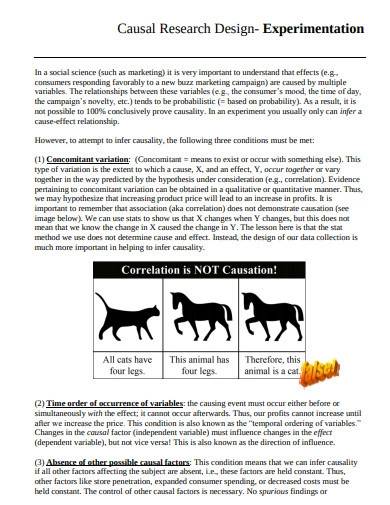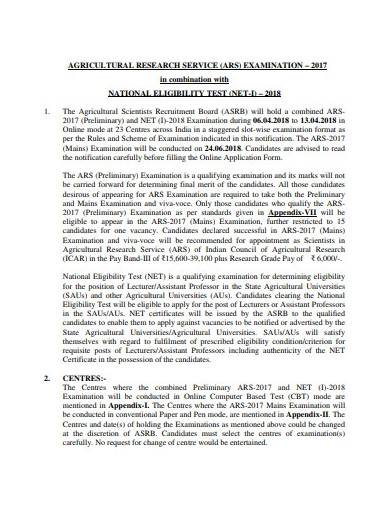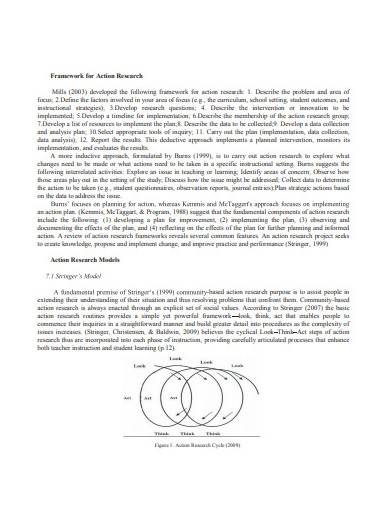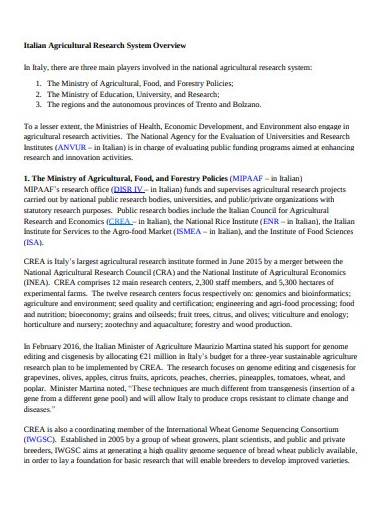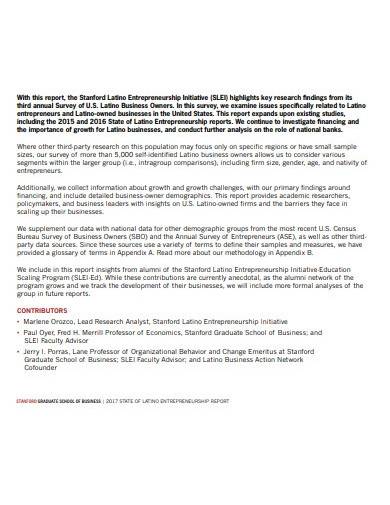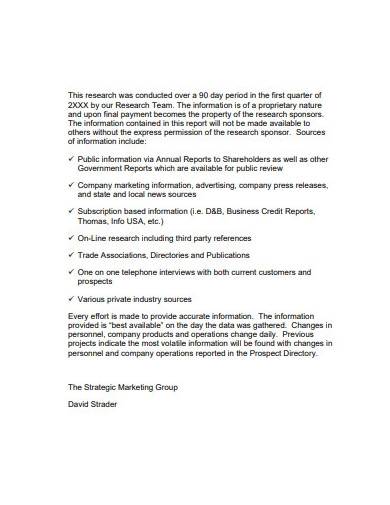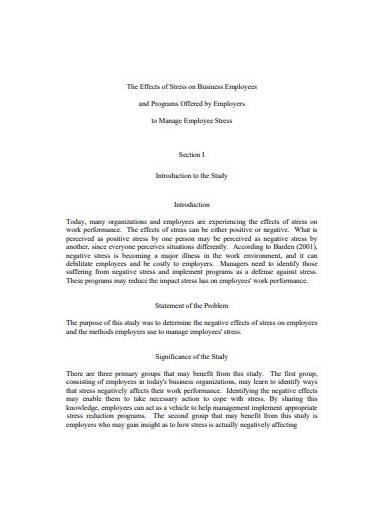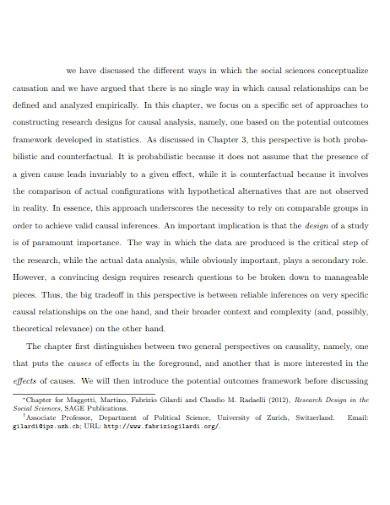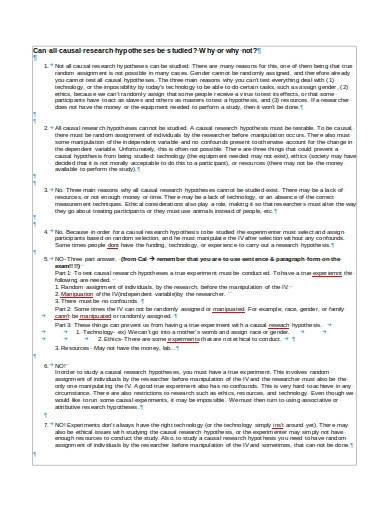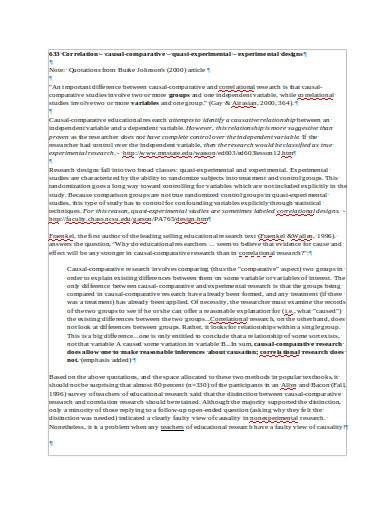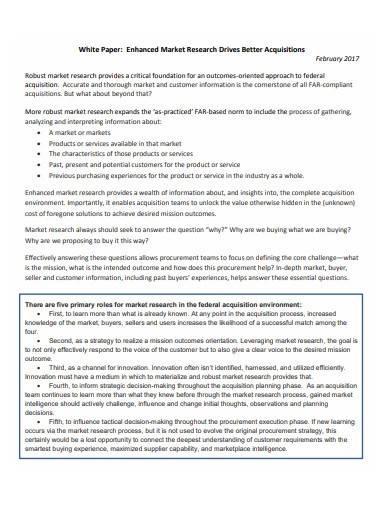Causal research is a scientific method utilized in the latter part of a decision-making process that aims to determine the relationship between the cause and effect of multiple variables on different marketing strategies such as drops in prices which affects the demand for a product. This type of research helps in assessing marketing initiatives, developing internal processes, and creating effective executive business plans as well as development plans. Like descriptive research, causal research aims to prove a thought or idea proposed by an individual or company.
FREE 10+ Causal Research Samples & Templates in MS Word | PDF
1. Causal Research Design Template
2. Agricultural Research Service Sample
3. Casual Framework for Action Research
4. Casual Agricultural Research Template
5. Casual Market Research Report Template
6. Casual Business Research Report Sample
7. Basic Business Research Report
8. Causal Statistical Research Template
9. Causal Research Hypotheses Template
10. Causal Comparative Research Format
11. Market Research Development Sample
What is a Causal Research?
Causal research also referred to as explanatory research is a research method that analyzes whether there is a cause-and-effect relationship between two different variables or separate events. It asses a condition or research problem statement to provide an explanation about the patterns or behavior of interactions between various variables. Causal research is one of the leading types of research utilized with survey research which is also implemented for any kind of market research project.
How to Perform a Causal Research
Causal research aims to determine the relationship between cause and effect in which a variation in an independent variable is being observed, assuming that it causes changes in the dependent variable. These changes will be measured because of the variation occurring in the dependent variable. This research is considered difficult or complicated because researchers are never sure that no other unidentified variables are affecting the causal relationship between the variables.
Step 1: Write Your Hypothesis
Developing your research hypothesis is the first step in writing a casual research paper which is a statement that tells what you want to study before proceeding with the research. You can start by listing down cause-and-effect questions about your team to develop your hypotheses.
Step 2: Determine Your Variables
Determine the two variables that you will be testing which is going to be your dependent and independent variable. Create a list of other confusing variables that can influence your research study plan. This includes determining which variables can change your study such as the method you will use to gather essential information.
Step 3: Analyze the Findings
After choosing a sampling of participants randomly and setting up a controlled experiment, you can now analyze or assess your findings. Refer to your data to determine trends or patterns then use it to answer your research questions.
Step 4: Perform Supplemental Research
Perform supplemental research if you have more research questions that will require you to research more. Write down your findings and if you arrived at a conclusive result, you can now create an in-depth marketing strategy and system.
FAQs
What are the benefits of performing causal research?
With causa research, businesses can predict hypothetical situations and enhance their business and marketing strategies, avoid ineffective and expensive digital marketing campaigns, resolve issues, optimize development plans, improve experiences, and develop an informed process.
What are the key terms used when conducting causal research?
Some of the key terms used in causal research include hypothesis, experimental design, independent variable, dependent variable, control variable, confounding variable, causation, and correlation.
What are the main components of causal research?
The main components of causal research are the timeline of events, evaluation of confounding variables, and observation of changes.
What are the advantages of causal research?
Causal research helps in understanding more nuances of a system, developing a dependable process, updating an existing process, and getting more objective results.
Causal research, also known as explanatory research or causal-comparative research, aims to identify the causal relationship between two or more variables and have the capability to determine whether one variable is affecting the other variable. With this research, market researchers can forecast hypothetical outcomes, enabling the business to come up with an effective business strategic planning or management plan that could benefit the entire company.
Related Posts
FREE 6+ Sample Research Analysis Templates in MS Word PDF
FREE 7+ Sample Cover Page for Research Paper Templates in MS ...
FREE 12+ Sample Research Reports in MS Word Apple Pages ...
FREE 34 Research Papers in PDF
FREE 7+ Sample Research Reports in PDF
FREE 7+ Sample Research Reports in PDF
FREE 12+ Research Proposal Samples in PDF MS Word | Pages
FREE 7+ Sample Research Poster in PDF MS Word
FREE 6+ Sample Research Paper Outline Templates in PDF MS ...
FREE 8+ Market Research Samplesin PDF MS Words | Apple Pages
FREE 11+ Sample Research Plan Templates in MS Word PDF
FREE 5+ Sample Research Paper Templates in PDF
FREE 7+ Research Agenda Samples in PDF
FREE 12+ Sample Research Proposal Templates in PDF MS Word
FREE 10+ Sample Research Proposal Templates in MS Word Pages

